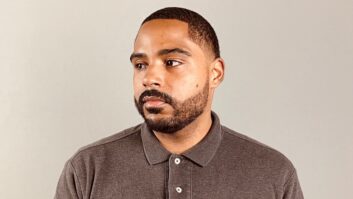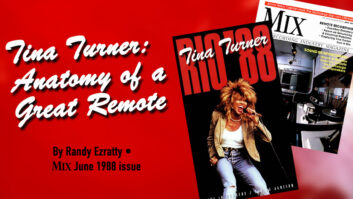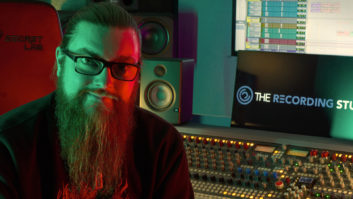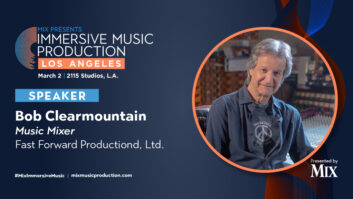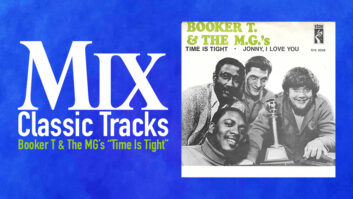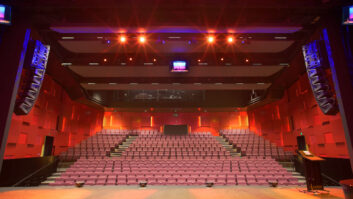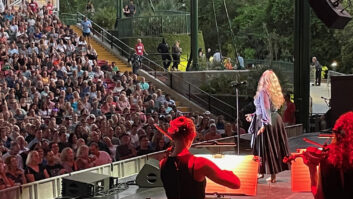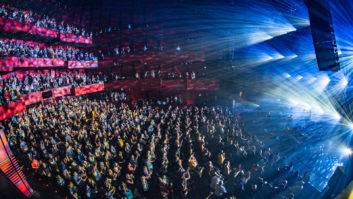There’s nothing that compares to seeing your favorite artist or band perform live. Yet with the advent of multitracking and editing systems, live recordings have become “mostly live, except for all the parts where the performers spent weeks or months overdubbing new studio parts to replace the live parts on the live album.”
In the old days, to hear a real live show, you had to go to the actual venue, catch a rare live broadcast or possibly trade for a tape from those few live bands such as the Grateful Dead or Phish who encouraged “tapers.” However, today, with the availability of high-speed CD burners, fans leaving the venue with a legal, high-quality recording of that night’s concert has become increasingly common.
The after-show CD is a textbook case of the “win-win” situation: Rabid fans get what they need, the avenue for illegal bootlegs is greatly diminished and artists get a much-needed revenue source in these days when label support of tours is dwindling. Mix has supported methods that promote legal purchases of music since the first audio-on-demand distribution services — such as Liquid Audio — debuted some eight years ago. And in the past 18 months, when artists started taking advantage of CD-R dubbers to market onsite live recordings, we’ve been equally jazzed about the prospects.
Unfortunately, a new development is not so pretty. Earlier this year, Instant Live LLC (a division of entertainment juggernaut Clear Channel) announced that it had acquired a U.S. patent covering a system of creating digital recordings of live performances. Essentially, the patent’s “Event Recording System” is a convoluted and fairly vague description of off-the-shelf stuff you could pick up at any Guitar Center, but with highfalutin names like “secondary storage device” and “primary editing stations.” In the patent’s flow chart, it sure looks like a couple of DAWs with streaming backup and a bunch of CD burners, but you can go to www.uspto.gov, do a quick search for patent #6,614,729 and read it for yourself.
So far no problem, but Clear Channel has interpreted this patent to infer that it now owns the exclusive rights to all live performance recordings sold at any venue on the day of show, thus creating a virtual monopoly on the process. This development has not gone unnoticed in the industry, and small label Kufala Records, which produces live CDs of shows (although not sold onsite, as Kufala mixes live multitrack masters in the studio and offers them two weeks after the show) has called on independent artists and labels to challenge the patent. However, this is not going to come easily or cheaply, given Clear Channel’s deep pockets and desire to defend its interests.
Beyond the music applications, could this patent be extended to companies that offer onsite duplication of lectures or seminars? Could churches be required to pay royalties for onsite recordings and duplication of CDs of services? Perhaps these examples are extreme, but given the patent’s closing statement, “The present invention is not limited to that which is expressly presented in the specification and drawings,” the implications of this could be very dire indeed.
